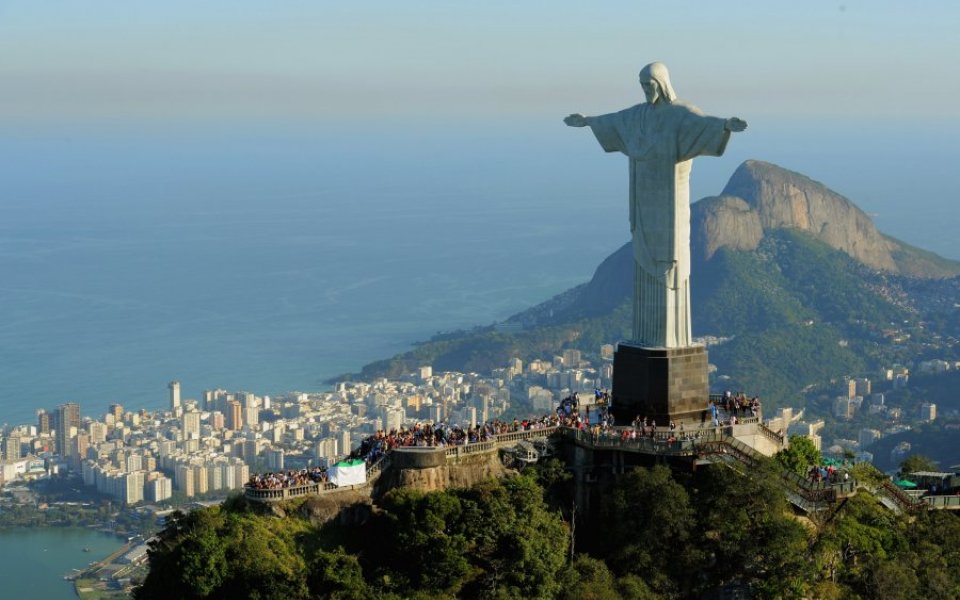Brics foundations are proving to be shaky

In the world of macro-economics, a good rule of thumb is as follows: whenever you read the word “forecast”, replace it with the word “guess”. This advice came to mind yesterday when the International Monetary Fund (IMF) published the latest update to its world economic outlook, a document that contains some astonishing revisions.
Brazil is the most eye-watering example; the South American giant’s economy is expected to shrink by 3.5 per cent this year, far worse than the IMF’s previous forecasts guesses. In October the IMF’s boffins expected a decline of just one per cent, while this time last year they predicted growth (actual growth!) of 1.5 per cent. Just imagine.
And while Brazil’s circumstances may be somewhat exceptional (it has of course been rocked by political scandal and bribery investigations, not to mention the global commodity crash) sharp corrections can be found across other global giants. Russia’s economy is expected to shrink by one per cent this year, 0.4 percentage points worse than the IMF’s October predictions. Less than 18 months ago, the IMF said that Russian GDP would be expanding by more than one per cent this year.
The decline in fortunes for at least three of the Brics nations has been well documented – we don’t need new forecasts to remind us of the economic troubles in Brazil, Russia and indeed China. But these countries, lest we forget, were hotly tipped to be driving up global growth right about now. Our hopes were supposed to be pinned to their success. Instead, the countries behind the first two letters in “Brics” are dragging down the world’s growth rate.
In the grand scheme of things, none of this is hugely surprising, given that political events and macro-economic trends are exceptionally difficult to predict. Hence why eyebrows are raised when the British government, for example, boasts of its cunning plan to improve links with China.
Greater levels of trade between British and Chinese companies may well be beneficial – what trade isn’t? – but the same goes for business links throughout the world.
If economists, analysts, and traders cannot accurately forecast rates of economic growth even one or two years ahead, how can government officials or politicians pick the winning countries of the future? The answer is that they can’t.
Instead of trying to pick winners, the government should liberalise trade links with as many countries as possible. Such a policy would be far better for growth, and less prone to the unpredictable undulations of global politics and markets.